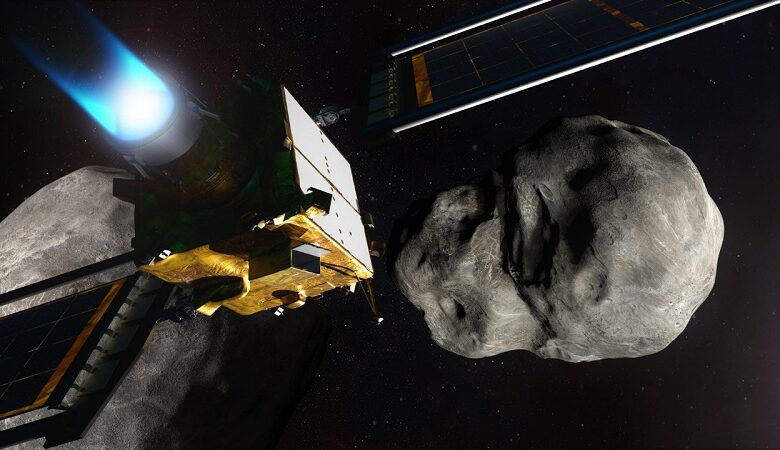NASA Awards SpaceX $69 Million Contract for COSI Space Telescope Mission

News Mania Desk/ Agnibeena Ghosh/6th July 2024
NASA has once again chosen Elon Musk’s SpaceX for a significant space endeavor. On June 2, NASA announced a $69 million contract with SpaceX to launch the Compton Spectrometer and Imager (COSI) spacecraft mission into low Earth orbit.
Scheduled for liftoff in August 2027 from Cape Canaveral Space Force Station in Florida, the COSI mission will utilize SpaceX’s reliable Falcon 9 rocket. This joint partnership aims to deploy a space telescope dedicated to studying the universe using high-energy gamma-ray light.
Previously selected under NASA’s Small Explorer (SMEX) program in 2021, COSI represents a $145 million initiative (excluding launch costs). According to Space News, the spacecraft’s primary objective is to detect soft gamma rays and their sources both within the Milky Way and beyond.
NASA elaborated that COSI’s wide-field gamma-ray telescope will investigate energetic phenomena such as the creation and annihilation of matter and antimatter, as well as the final stages of stellar evolution. The mission aims to probe the origins of galactic positrons within the Milky Way, study gamma-ray polarization, and identify counterparts of multi-messenger sources.
Originally slated for a 2025 launch, budget constraints necessitated postponing COSI’s mission to 2027. NASA extended Phase B design work to manage financial pressures effectively.
SpaceX’s Falcon 9 rocket continues to gain renown as one of the most active launch vehicles worldwide, having already completed 67 missions in the first half of 2024 alone.
The collaborative effort for the COSI mission involves several prominent institutions, including the University of California, Berkeley’s Space Sciences Laboratory, the University of California, San Diego, the Naval Research Laboratory, NASA’s Goddard Space Flight Center, and Northrop Grumman.
Apart from COSI, NASA has also entrusted SpaceX with another critical task: developing a “Deorbit Vehicle” (USDV) to intentionally deorbit the International Space Station (ISS) after its planned retirement in 2030. This initiative underscores the ongoing partnership between NASA and SpaceX in advancing space exploration and technology.
This latest contract underscores SpaceX’s pivotal role in NASA’s missions, highlighting the company’s reliability and capability in launching cutting-edge space technology. With the COSI mission, NASA and SpaceX aim to push the boundaries of space research and exploration, opening new frontiers in our understanding of the universe’s high-energy phenomena.






